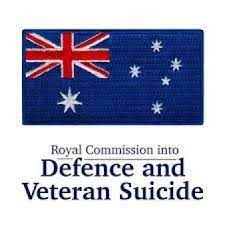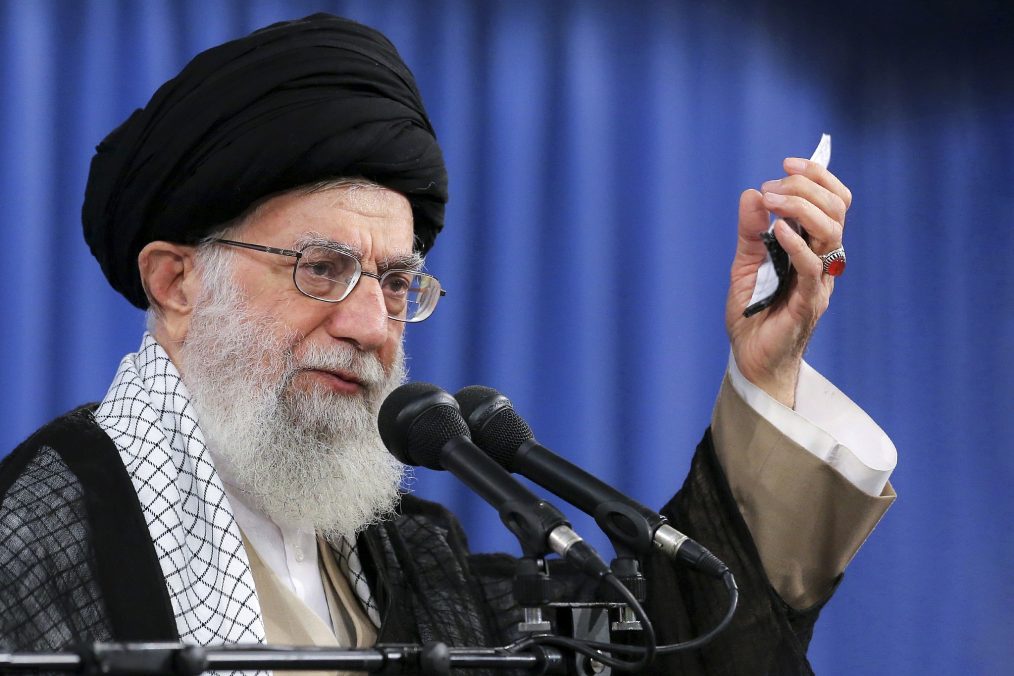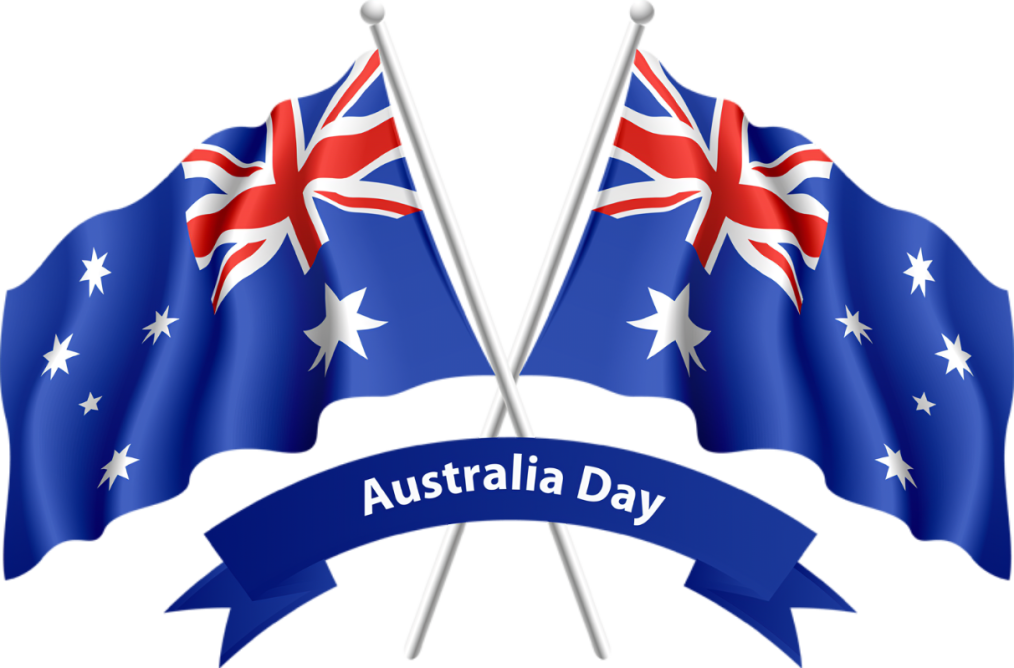Defence Release
Ten brigade commanders, nine brigade regimental sergeant majors, hundreds of headquarters staff and countless deployments, activities and exercises enabled 6th Brigade to live up to its mantra ‘Enable the Force, Disable the Foe’ over the past 14 years.
Its proud and diverse history, however, pre-dates its re-raising in 2010, going back to the Gallipoli and Western Front campaigns of the First World War.
As Army reorganises its structures and fundamentally changes how it operates in order to enhance its contribution to the integrated force, 6th Brigade will once again be disestablished.
Regimental Sergeant Major of the re-raised 6th Brigade from 2010 to 2012, Warrant Officer Class One (retd) Ken Morris compiled a concise history of the brigade to help unify the 11 legacy units the brigade inherited when it was re-raised in Sydney on March 1, 2010.
At the time, 6th Brigade brought together Army’s combat support, intelligence, surveillance, target acquisition and reconnaissance (ISTAR) units, which were geographically dispersed across Australia and in Malaysia:
• 1st Ground Liaison Group
• 1st Intelligence Battalion
• 2nd/30th Training Group
• 6th Engineer Support Regiment
• 7th Signal Regiment
• 16th Air Defence Regiment
• 19th Chief Engineer Works
• 20th Surveillance and Target Acquisition Regiment
• 51st Far North Queensland Regiment
• The North-West Mobile Force
• Pilbara Regiment.
“We were very busy and did a lot of travelling because the brigade was so dispersed,” Mr Morris said.
“One of our units was in Malaysia and we have a lot of real estate between the units across the north of Australia.
“Being a newly re-established brigade we thought some reach back to the history might help consolidate the units and bring together a sense of belonging as they were very different capabilities that had not previously worked together in the ISTAR realm.”
‘6th Brigade took part in some amazing actions in Bullecourt and Hamel.’
Mr Morris documented the brigade’s history from its formation in Victoria as part of Australia’s 2nd Division in February 1915.
Embarking for Egypt in May 1915, 6th Brigade landed at Gallipoli’s Anzac Cove four months later and found that the fighting was so exhausting and dangerous that their battalions had to be rotated on an almost daily basis.
After withdrawal from Gallipoli, 6th Brigade was forged into what many considered one of Australia’s finest fighting formations and became one of the first Australian formations to commence active operations on the Western Front.
In 1918, 6th Brigade fought in the pivotal battle of Hamel where Australian and American troops fought side by side for the first time. The synchronisation of the combat support forces with manoeuvre formations set new benchmarks for the delivery of battlefield effects.
“6th Brigade took part in some amazing actions in Bullecourt and Hamel,” Mr Morris said.
“By then they were certainly pretty good at what they did.”
The battle of Montbrehain in October 1918 marked the final achievement of the AIF in the First World War, in which four members of 6th Brigade were awarded a Victoria Cross:
• Sergeant William Ruthven, VC
• Private Robert Mactier, VC
• Sergeant Albert David Lowerson, VC
• Lieutenant George Ingram, VC, MM.
At the start of the Second World War, 6th Brigade, then part of Australia’s 4th Division, was sent to Darwin before being placed under the 3rd Division in New Guinea and then under the 5th Division in New Britain.
As the war in the Pacific wound down, 6th Brigade and a number of its units were disestablished in July 1945 before being re-raised in 1948 under the 3rd Division.
In 1960, when the Army briefly adopted the Pentropic divisional structure, all brigade formations were discontinued until being re-raised as ‘task forces’ in 1965.
In early 1982, 6th Task Force once again became 6th Brigade and in 1991, when the Ready Reserve Scheme was established, the brigade formed a combined arms element with full- and part-time members.
‘It was a long project that was only going to happen over a number of years.’
When the Ready Reserve Scheme was discontinued in 1996, 6th Brigade was once again disestablished and its units were brought under the command of other brigades.
Following a review of Army’s command and control structures in 2007, 6th Brigade was re-raised on March 1, 2010, bringing together the 11 ISTAR units.
“We had our own experience in deploying elements to Afghanistan,” Mr Morris said.
“There was always that tension between trying to form an identity and allowing units to do their thing, but it was starting to come together while I was RSM.
“It was a long project that was only going to happen over a number of years.”
In recent years, 6th Brigade continued to deliver specialist capabilities to integrated forces, including intelligence, electronic warfare, military policing, ground-based air defence, engineering design and force-level engineering.
The Brisbane-based brigade once again prepared to lower the flag, place its memorabilia in storage and commemorate its history at the annual Montbrehain dining-in night on November 20.
Guests included Chief of Army Lieutenant General Simon Stuart, former commanders and RSMs, including Mr Morris.
From early December, 6th Brigade’s seven units will transition to other brigades, and from mid-January 2025, Headquarters 6th Brigade will be disestablished.
1st Military Police Battalion (Brisbane), 6th Engineer Support Regiment (Ipswich), 12th Chief Engineer Works (Brisbane) and 19th Chief Engineer Works (Sydney) will transfer to 17th Sustainment Brigade, with its headquarters based in Sydney.
16th Regiment, Royal Australian Artillery (Adelaide), will transition to 10th Brigade, consolidating the integrated air and defence missile systems with new long-range fires capabilities.
As an interim measure, 1st Intelligence Battalion and 7th Signal Regiment will be employed as Direct Command Units of 1st (Australian) Division in 2025 before transferring to 10th Brigade to support the delivery of fires through a Land Targeting Enterprise, in addition to maintaining critical intelligence fusion, electronic warfare and signals intelligence capabilities.











